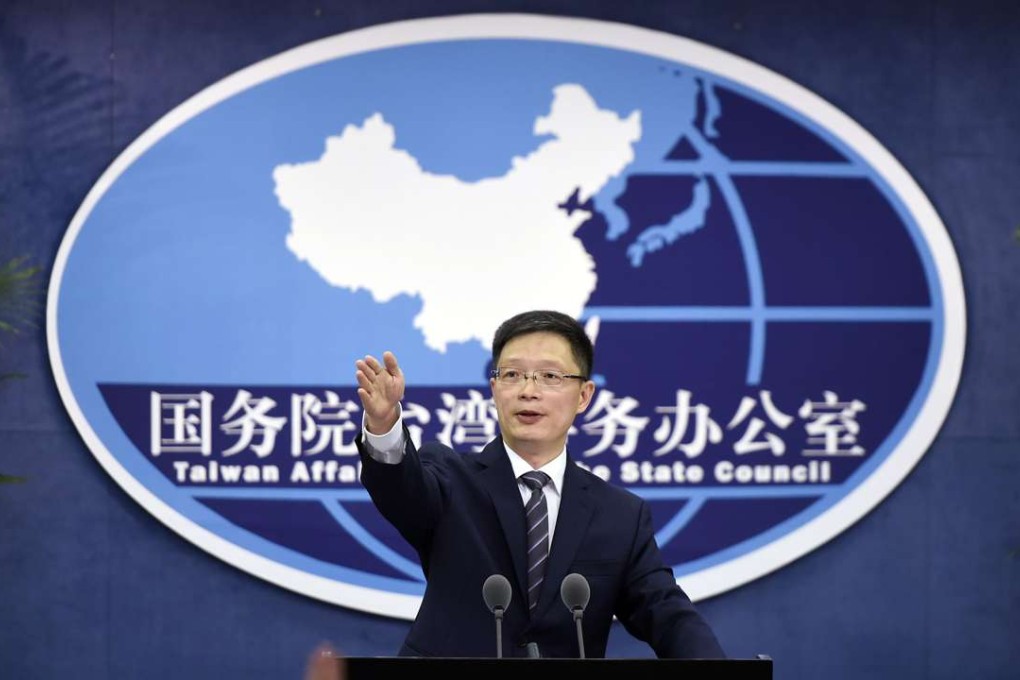Reunification is inevitable, Beijing warns Taiwan as Hong Kong localists set to attend Taipei forum
Message comes after Hong Kong lawmakers invited to political meeting and PLA aircraft carrier completes ‘routine’ exercise off Taiwanese coast

Beijing on Wednesday warned that attempts by Taiwan to resist unification with the mainland would be in vain, as Hong Kong’s localist lawmakers confirmed they would attend a political forum in Taipei next month.
Beijing had issued its warning to the self-ruled island as the People’s Liberation Army’s aircraft carrier conducted drills off the Taiwanese coast.
Beijing is facing a host of threats to its status quo as the independence-leaning leadership of Taiwan grows more vocal, protesters in Hong Kong call for complete separation from the mainland, and an incoming Donald Trump presidency in the US threatens to take a more hardline stance in its ties with the world’s second-largest economy.
“A small group of pro-independence forces in Taiwan are colluding with Hong Kong independence advocates to divide the nation,” An Fengshan, spokesman of the Taiwan Affairs Office at the State Council, said.
“Their attempts will not succeed. They will end up with their heads broken and bleeding.”